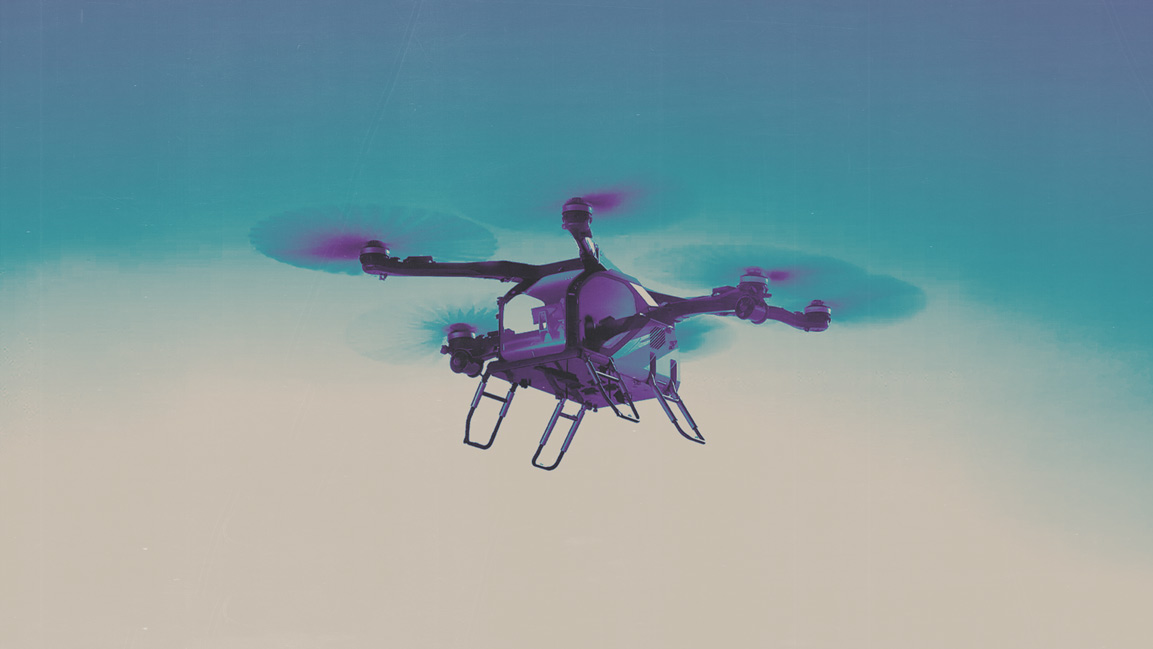XPENG Secures UAE Flying Car Permit, Recalls Thousands of EVs
The Ras Al Khaimah test follows earlier trials by Abu Dhabi and Dubai in June and July, respectively.
News
- Dubai Media Enters Streaming Space With Dubai+, a Local-First OTT Platform
- MBZUAI Unveils K2 Think V2, Advancing the UAE’s Push for Fully Sovereign AI
- ENEC, TII, and ASPIRE Partner to Advance Autonomous Aerial Systems
- OpenAI Bets on AI to Streamline Scientific Research Workflows
- AI Use Is Rising at Work but Productivity Gains Lag
- Meta Signals Shift Toward Paid Features With Subscription Tests Across Its Apps

[Image source: XPENG AEROHT, Chetan Jha/MITSMR Middle East]
The United Arab Emirates has granted a special flight permit to XPENG AEROHT’s electric flying car, the “Land Aircraft Carrier,” the flying car arm of Chinese electric vehicle maker Xpeng.
Notably, this is the first time a Chinese flying car company has gotten such a permit overseas.
The first trial flight of the advanced vehicle took place in the presence of HH Sheikh Saud bin Saqr Al Qasimi, Ruler of Ras Al Khaimah, and H.E. Zhang Yiming, Ambassador of the People’s Republic of China to the UAE at Ras Al Khaimah.
“In Ras Al Khaimah, we look to the future with ambition, turning unconventional ideas into tangible achievements that build a modern, sustainable urban environment,” Sheikh Saud said. “This trial flight represents a new step in developing smart, eco-friendly transport solutions that improve quality of life and support a diverse, resilient economy.”
Xpeng’s “Land Aircraft Carrier” has seen an investment of approximately $600 million over 12 years with several iterations to get the design right, resulting in a vehicle with nearly 5,000 pre-orders in China.
The Ras Al Khaimah test follows earlier trials by Abu Dhabi and Dubai in June and July, respectively. The development proves the UAE’s initiative to be a fertile testing ground for innovation courtesy forward thinking on technology and transportation, meaning comparatively less regulatory limits in the skies.
To forge a stronger partnership, a memorandum of understanding was signed between the RAK Transport Authority and XPENG AEROHT to develop and deploy flying vehicle technologies in the region.
Closely following the signing, the Chinese electric carmaker announced it was recalling 47,490 P7+ electric sedans from September 15 due to a potential steering assist failure. Reuters reported that the cars to be recalled comprise over 65.5% of the model’s sales by August-end as per data from Dcar, ByteDance’s auto unit.







